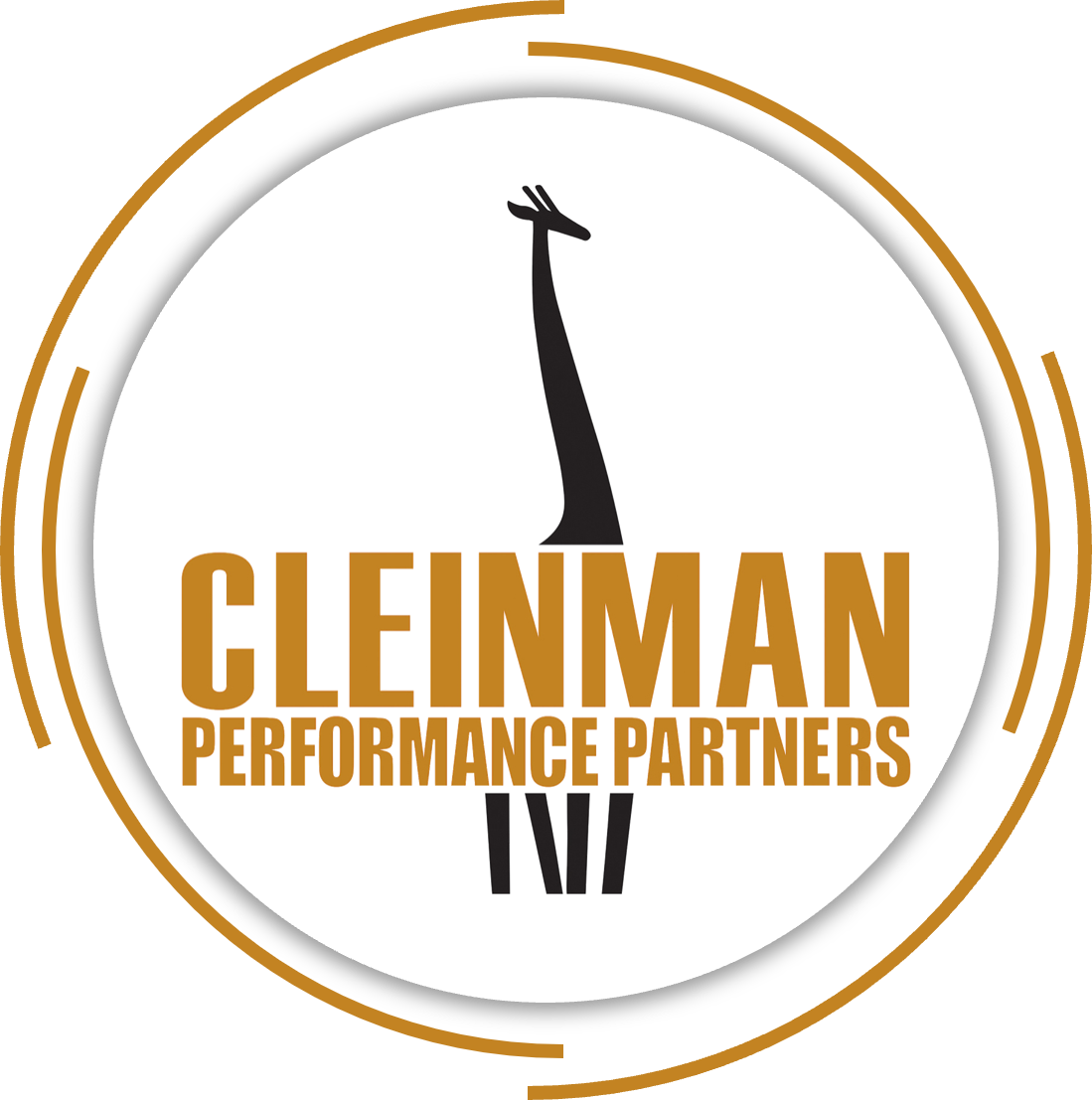 All of us walk through life with certain preconceptions. These “opinions based on inadequate information” are often a barrier to our ability to effectively lead and make decisions. In our work as consultants, we’ve witnessed countless examples of bad decision-making based upon false information or misconceptions. And, as a leader, I’m sometimes painfully reminded of my own “head trash.”
All of us walk through life with certain preconceptions. These “opinions based on inadequate information” are often a barrier to our ability to effectively lead and make decisions. In our work as consultants, we’ve witnessed countless examples of bad decision-making based upon false information or misconceptions. And, as a leader, I’m sometimes painfully reminded of my own “head trash.”
Consider what you have experienced in the past:
- Misconceptions about team members
- Apprehension about pricing decisions
- Misperceptions about the impact of organizational change
- Misunderstanding about products or services; yours or your competition
- Mistaken beliefs about the effectiveness of procedures or methodologies
- Falsehoods about the economic impact of actions
- Delusions about the root cause of almost anything
Observationally, these misconceptions often arise from our inability to separate fact from opinion. Often, our own fears cause us to jump to conclusions without doing our homework. Such actions, or lack of action, are the “Achilles heel” of many leaders. We’re all guilty of it from time to time; some of us more so than others. Perhaps there’s a solution?
Recently, I had an amazing adventure in New York City. “Dialogue in the Dark” is, in simple terms, a hands-on museum where attendees actually experience what it’s like to be blind. Participants are provided with a walking cane and a visually-impaired guide. We then made our way through a series of rooms designed to emulate certain environments; Central Park, a store, a train, etc…in complete darkness. We heard the sounds. We experienced the smells. We touched railings, mailboxes, grocery items and the like. We used technology designed to help us understand what we might be buying in a grocery store. We crossed streets and climbed stairs. We felt the sway of a rail car and the texture of a shirt. We bumped into doors and each other. Our guide was immensely helpful. His coaching and direction made the experience far less painful. Frankly, had it not been for him, we would have likely been very scared and, at times, in danger. Our guide, you see, had walked in our “new shoes” since birth.
Yes, at times, we were afraid. At times we laughed at our foibles. But, above all, what was most noticeable to me was a heightened awareness of things that might have otherwise gone unnoticed. I listened more carefully. I smelled more deeply. I felt with a more sensitive touch.
As I reflected on this most enjoyable and insightful experience, I concluded a life’s lesson. It’s hard to imagine how we might react to the loss of something as basic as our vision. But it happens to people daily. And while such a loss is traumatic and sad, people adapt. Their other senses kick in. They learn to look at life from a different perspective. They learn to work-around barriers. And they survive and they thrive. What can we learn from this?
As I thought about my experience, I concluded that one might actually orchestrate the loss of misconceptions. What might happen if I ignored my negative opinion about someone? What might I learn if I looked at a problem from a different perspective? What might I conclude if I did more research into an opportunity that I had previously discounted? What possibilities might open up if I set aside my current approach…and used a different “sense?” What might occur if I, figuratively, use my left hand instead of my usual right? What might I learn if I “close my eyes?”
Next time you find yourself jumping to conclusions, consider a different approach; a different perspective. And consider using an experienced guide.
